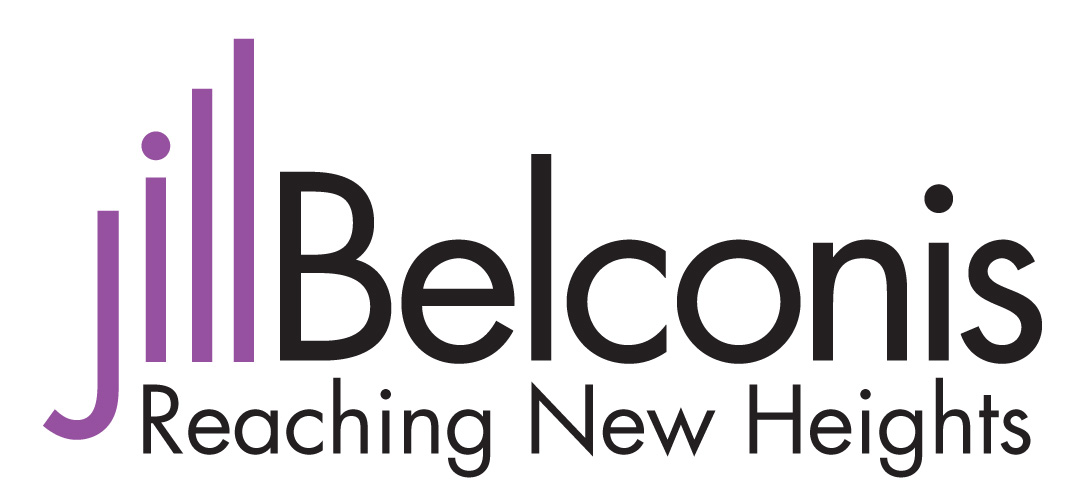The most strategic advantage you have right now is your willingness to be wrong. This is the new paradox of leadership. We’ve all been trained to believe that the right decision requires perfect information, yet volatility has stripped that certainty away. Markets shift overnight, teams restructure faster than the org chart, and data seems to contradict itself weekly. The leaders who win aren’t the ones chasing certainty. They are the ones who have mastered the art of deciding in the dark.
When I work with executive teams, this theme comes up constantly. A CEO will say, “We don’t have enough data to make the call yet.” A department head will hesitate to greenlight a new initiative because “the market’s too unpredictable.” This hesitation is understandable. We’ve been trained to believe that the right decision depends on having all the right information.
But leadership in uncertainty isn’t about having all the answers. It’s about having the capacity to move forward without them.
The best leaders don’t chase certainty. They actively choose to ground decisions in three non-negotiable anchors:
Principles Over Predictions
The facts may shift, but your values, priorities, and purpose don’t. Predictions are a guess about external conditions. Principles are a commitment to internal identity. When data is ambiguous, a decision anchored in why you exist (your purpose) and how you operate (your values) is always the most defensible decision you can make. It creates stability even if the outcome changes.
People Over Perfection
Your team doesn't need you to have every answer. They need your integrity and commitment to adjust. The decision itself is secondary to the psychological safety you create by moving forward transparently, listening actively, and building the road together.
Learning Over Control
Movement is the fastest path to clarity. Replace big, risky investments with intelligent micro-bets. Test assumptions, gather feedback fast, and reframe failure as the quickest way to acquire the data you actually need.
One of the hardest parts about ambiguity isn’t the lack of data, it’s the discomfort. Uncertainty makes us hesitate. It fuels anxiety and debate. I’ve been there. I often tell teams that it’s okay that we don’t know yet. What matters is that we’re willing to decide together. This statement shifts the energy in the room. Suddenly, decision-making becomes an act of shared courage and a demonstration of collective commitment, not guesswork or a singular burden on the CEO. It moves the team from a defensive position to a proactive one.
Think about one decision you’ve been postponing in your business or team because you’re waiting for more information.
What if you decided anyway, based on what you do know, who you are, and where you want to go?
Because leadership isn’t about waiting for the lights to come on. It's about still deciding to move forward in the dark.


